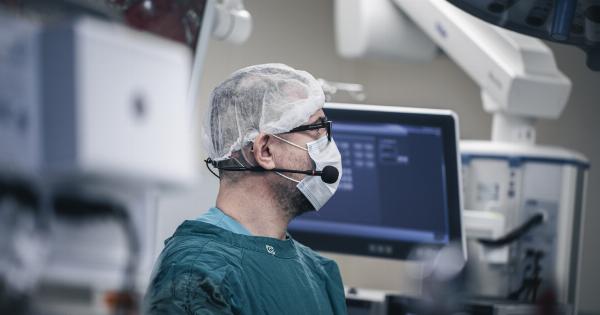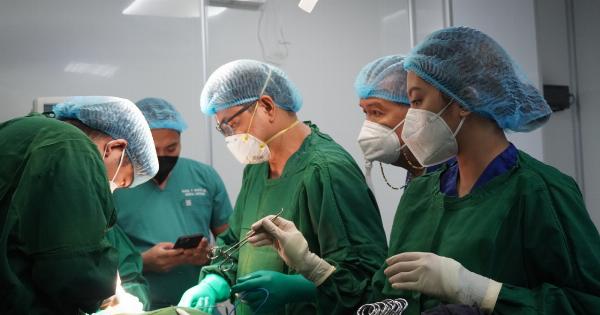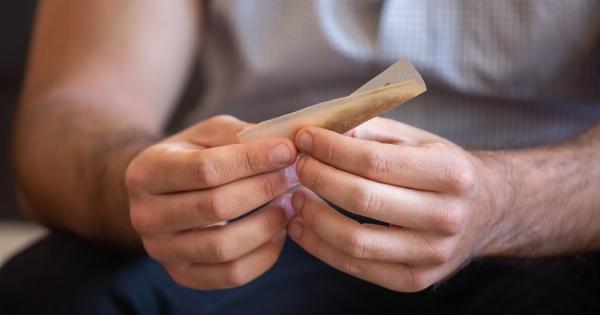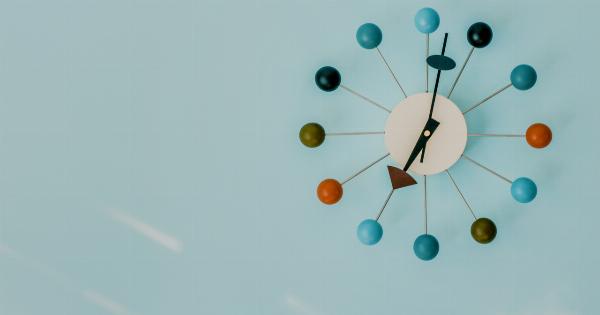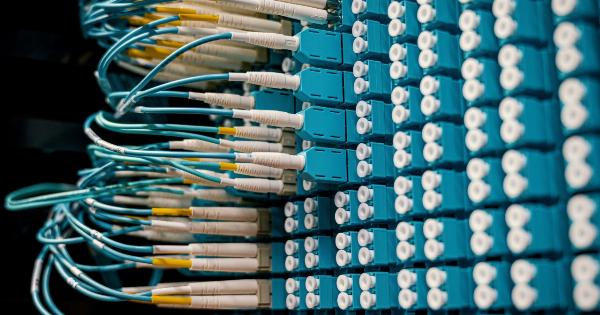Hernia is a common medical condition that affects millions of people worldwide. It occurs when an internal organ or tissue protrudes through a weak spot in the surrounding muscles or connective tissue.
While hernias are fairly well-known, there are still several myths and misconceptions surrounding this condition. In this article, we will debunk some of the most prevalent hernia myths and provide you with the facts.
Hernias Only Affect the Elderly
One of the most common misconceptions about hernias is that they only affect the elderly population.
While it is true that the risk of developing a hernia does increase with age due to factors like weakened muscles and tissues, hernias can affect individuals of all ages. In fact, infants can be born with hernias, and young adults who engage in strenuous physical activities are also at risk.
Only Men Get Hernias
Contrary to popular belief, hernias can affect both men and women. While certain types of hernias, such as inguinal hernias, are more common in men due to the anatomy of the groin area, women are also susceptible to hernias.
Women can develop hernias in areas like the belly button or the site of a previous surgical incision.
Lifting Heavy Objects Causes Hernias
While lifting heavy objects improperly or picking up weight beyond your capacity can contribute to the development of a hernia, it is not the sole cause.
Hernias can be caused by a combination of factors including genetics, chronic coughing or sneezing, obesity, pregnancy, and even previous surgery. It is important to maintain proper lifting techniques, but it’s a misconception to believe that lifting heavy objects alone will always result in a hernia.
You Can Fix a Hernia with a Belt or Truss
Some people believe that wearing a special belt or truss can help fix a hernia without the need for surgery. While these supportive devices may provide temporary relief and help manage the symptoms, they do not fix the underlying problem.
A hernia can only be repaired through surgical intervention. Wearing a belt or truss for an extended period of time without proper medical assessment and treatment can potentially worsen the condition.
Hernias Always Cause Pain
While hernias can be painful, it is not always the case. Some individuals may experience no pain at all, especially in the early stages of a hernia.
This lack of pain can often lead to hernias being undiagnosed or ignored until they become larger or cause discomfort. Regular check-ups and screenings can help detect hernias even if you are not experiencing any noticeable symptoms.
All Hernias Require Surgery
While surgical repair is necessary for most hernias, there are cases where watchful waiting and lifestyle modifications may be recommended.
Small, asymptomatic hernias that are not visibly growing or causing any complications may be closely monitored by a healthcare professional. However, it is important to note that leaving a hernia untreated can lead to potential complications, such as incarceration or strangulation, which may require emergency surgical intervention.
Diet or Supplements Can Cure Hernias
There is no specific diet or supplements that can cure a hernia. While maintaining a healthy lifestyle, including regular exercise and a balanced diet, can contribute to overall well-being, it cannot cure a hernia.
Once a hernia develops, it will require appropriate medical intervention to repair the weakened muscles or tissues.
Repetitive Movements or Exercise Can Prevent Hernias
While engaging in regular exercise and maintaining a strong core can help reduce the risk of certain types of hernias, it does not guarantee prevention in all cases. Some hernias may still develop due to factors beyond repetitive movements or exercise.
It is important to adopt a well-rounded fitness routine that focuses on overall strength and flexibility rather than solely targeting hernia prevention.
A Hernia Will Go Away on Its Own
Unfortunately, hernias do not go away on their own. Once a hernia has formed, it will persist until it is surgically repaired. Ignoring a hernia or waiting for it to disappear can lead to potential complications and make the surgical repair more complex.
It is crucial to seek medical attention if you suspect you have a hernia, even if it is not causing any pain or discomfort.
It is Not Safe to Exercise with a Hernia
While it is always essential to consult with a healthcare professional before starting or modifying an exercise routine with a hernia, certain types of exercises may be safe and beneficial.
Low-impact activities that do not put excessive strain on the herniated area, such as swimming or cycling, may be recommended. However, high-impact exercises or intense weightlifting should generally be avoided until the hernia is surgically repaired.


